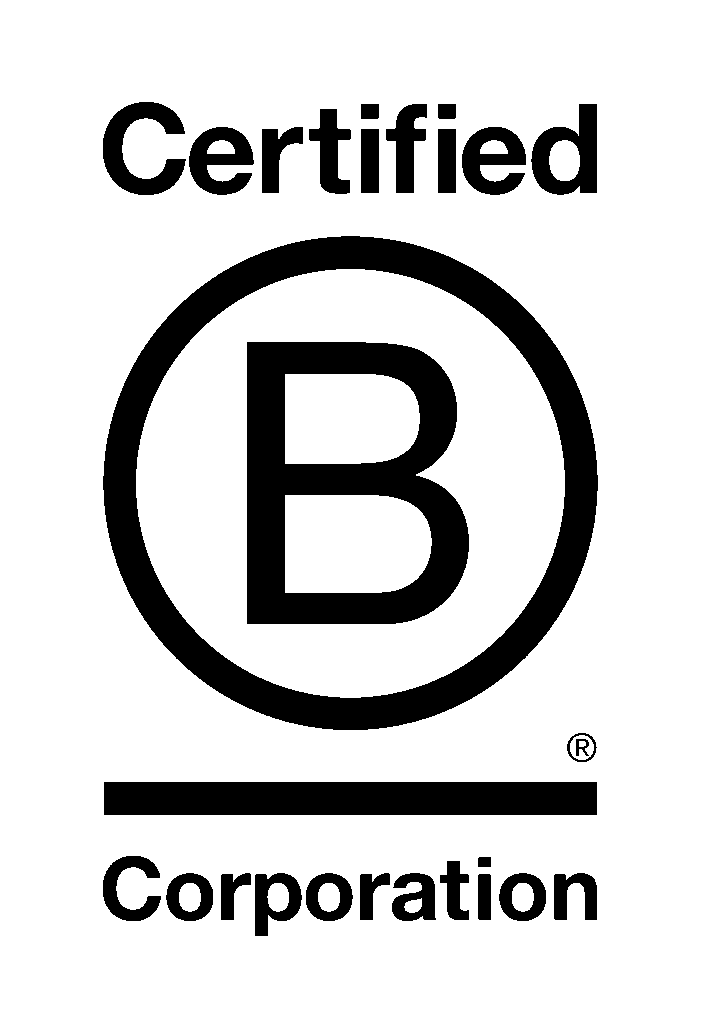Sustainability has become a buzzword in recent years, and for a good reason. As our world faces pressing environmental issues like climate change and resource depletion, the need for sustainable practices has never been more critical. While large corporations often take centre stage in the sustainability conversation, SMEs – small and medium enterprises – play a pivotal role in shaping a more sustainable future. However, these smaller businesses often face unique challenges when trying to embrace sustainability due to limited resources. In this article, we will explore the challenges SMEs encounter on their journey towards sustainability and the creative ways they can overcome these obstacles.
The Sustainability Imperative
Sustainability is no longer just an option; it’s a necessity. It’s not a matter of ‘if’ but ‘when’.
Consumers are becoming increasingly conscious of their environmental footprint, and they want to support businesses that share their values. This shift in consumer behaviour provides small businesses with a unique opportunity to differentiate themselves and thrive. However, going green can be a daunting task for enterprises with limited resources.
Limited Budgets
One of the most significant challenges SMEs face when striving for sustainability is budget constraints. Many sustainable practices, such as investing in energy-efficient technologies or sourcing eco-friendly materials, require a significant upfront investment. Small businesses often struggle to allocate funds for these initiatives, especially when they have other pressing financial priorities.
Creative Solutions
- Seek out grants – we can help you with that! – or tax incentives specifically designed to support sustainability initiatives. Check out our Resources page for more information on that.
- Start small by implementing cost-effective changes like energy-efficient lighting or water-saving fixtures that can yield immediate savings.
- Explore partnerships with local organisations or non-profits that can provide funding or resources for sustainability projects.
Lack of Expertise
Sustainability can be a complex and rapidly evolving field. SMEs may not have the in-house expertise to navigate the intricacies of sustainable practices and certifications. This knowledge gap can be a significant barrier to adopting sustainable measures.
Creative Solutions
- Collaborate with local universities or sustainability-focused organisations to access expertise through internships or consulting services.
- Attend workshops, webinars, and conferences focused on sustainability to gain knowledge and network with experts.
- Leverage online resources and communities to learn about sustainable practices tailored to your industry and scale.
Limited Staff and Time
SMEs often have limited staff, and employees are often stretched thin with multiple roles and responsibilities. This can make it challenging to dedicate time and resources to sustainability initiatives.
Creative Solutions
- Appoint a sustainability champion within your organisation to oversee and drive sustainability efforts.
- Involve employees in sustainability initiatives by creating a culture of sustainability where everyone plays a part.
- Utilise project management tools and software to streamline sustainability projects and allocate resources efficiently.
Supply Chain Complexities
SMEs may rely on suppliers that do not prioritise sustainability, making it difficult to source eco-friendly materials and products. Additionally, managing a complex supply chain with sustainability in mind can be overwhelming for smaller enterprises.
Creative Solutions
- Communicate your sustainability goals and requirements to your suppliers and work collaboratively to find eco-friendly solutions.
- Consider local sourcing options to reduce your carbon footprint and support your community.
- Explore partnerships with like-minded suppliers or manufacturers who share your sustainability vision.
Sustainability is a journey, not a destination, and small businesses can make meaningful progress despite limited resources.
By embracing creativity, collaboration, and a commitment to change, small enterprises can overcome the challenges of sustainability and pave the way for a greener future. As consumers increasingly prioritise businesses that prioritise the planet, the effort invested in sustainability will not only benefit the environment but also contribute to the long-term success and resilience of SMEs in an ever-changing marketplace.
Get in touch if you’d like to delve deeper into Pragmatica’s offerings and discover how we can assist you and your business in successfully navigating the realm of sustainability in the corporate world.






